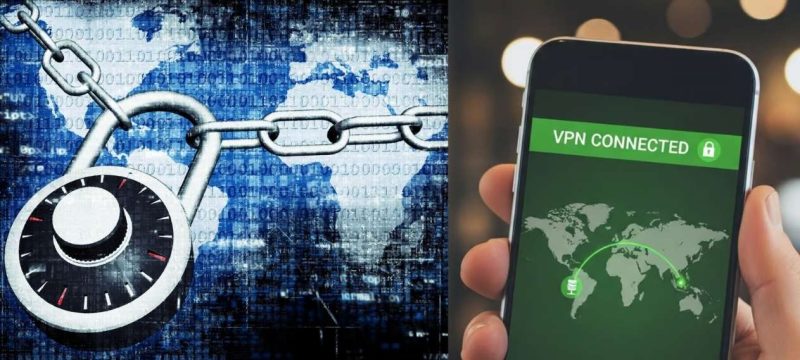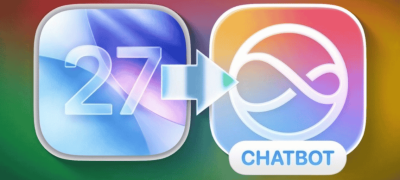ISLAMABAD – The demand for VPN apps has surged in Pakistan as internet users seek to bypass online restrictions. However, experts warn that many apps claiming to provide privacy are actually malicious.
What began as tools for online security and privacy has now turned dangerous. Fake VPN apps are secretly stealing passwords, banking details, private messages, and browsing histories from unsuspecting users.
According to Google’s November 2025 Fraud and Scams Advisory, these malicious apps often impersonate trusted brands or lure users with attractive ads. Once installed, they may perform basic VPN functions, making them appear legitimate, but in reality, they collect sensitive personal and financial data.
Laurie Richardson, Google’s VP of Trust and Safety, warned that some apps even install banking trojans or remote access tools. “These apps may seem safe, but they are designed to monitor and steal critical user information,” Richardson said.
Google advises users to download VPN apps only from verified sources, such as the official Play Store or App Store. Free apps that request excessive permissions—like access to contacts, messages, or storage—should be avoided.
For Android users seeking safe options, several verified VPNs are recommended: ExpressVPN, Surfshark, NordVPN, Proton VPN, Windscribe, PIA VPN, and Hide.me. These apps offer robust security, privacy, and reliable connections without compromising sensitive data.
Experts emphasize that while VPNs are useful for online privacy and accessing restricted content, caution is essential. Users should always check app reviews, ratings, and permissions before installing any VPN software.
In other news read more about Google Warns Users About Rising Threat of Fake VPN Apps
With internet restrictions expected to grow, demand for VPN apps will likely continue. However, users must stay vigilant and choose trusted solutions to avoid falling prey to malware and scams.









